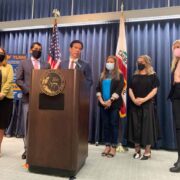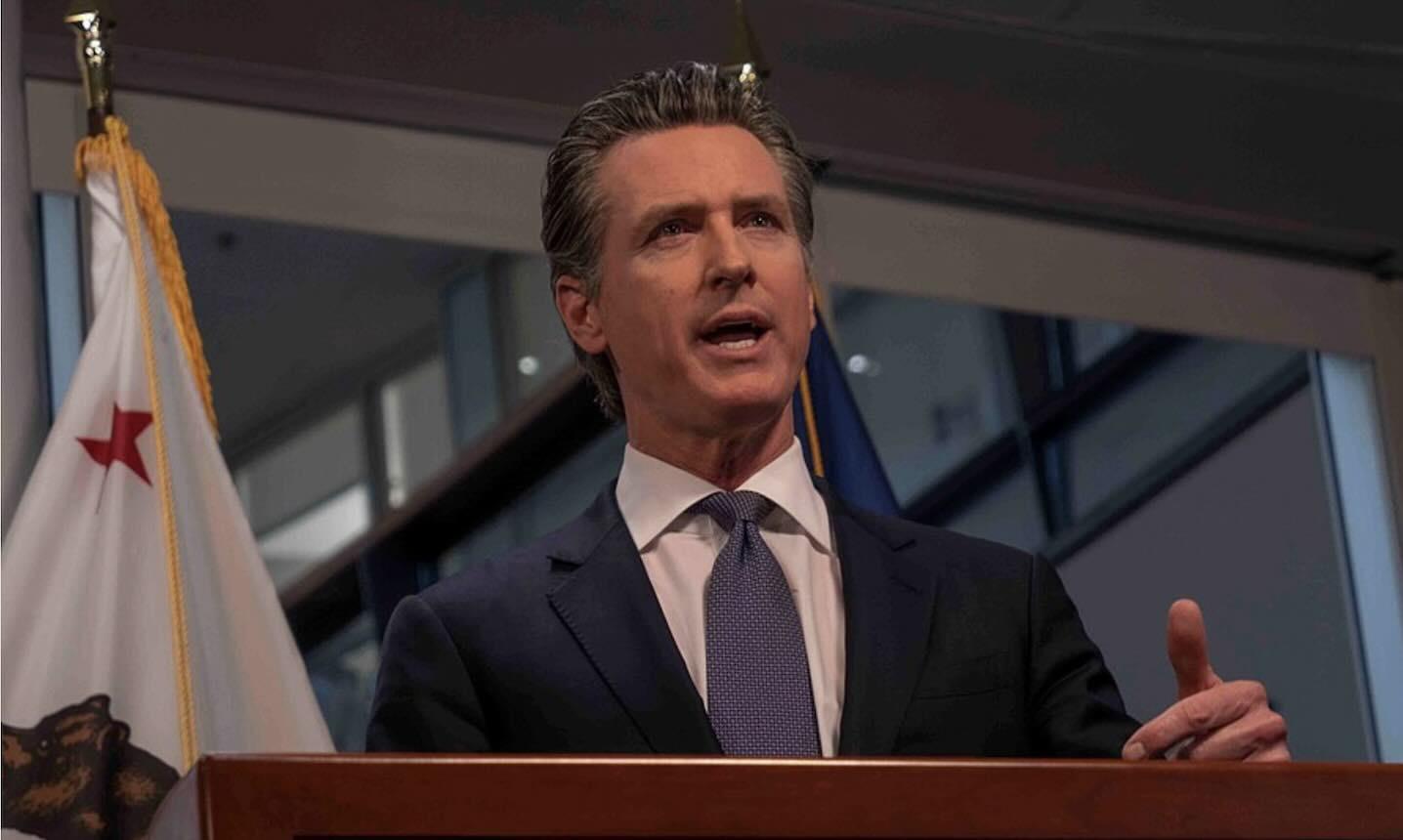CALIFORNIA Attorney General Rob Bonta recently announced the launch of the Office of Community Awareness, Response, and Engagement (CARE) within the California Department of Justice (DOJ).
As part of the effort to advance justice for all Californians, CARE will work directly with community organizations, state and local elected officials, and members of the public to help ensure the inclusion of diverse perspectives in the state’s work. Specifically, the new office will focus on cultivating relationships with historically marginalized and underrepresented communities in line with DOJ’s commitment to diversity, equity, and inclusion in all aspects of its work on behalf of the people of California, including in the fight for environmental, economic, and social justice.
“As the People’s Attorney, I am committed to using the tools and resources of this office to stand up for all Californians,” said Bonta. “Part of that means we have to recognize and work to address the historical inequities that have too often prevented people in this state from being able to access justice. Our new Office of Community Awareness, Response, and Engagement will work to bridge the gap and build trusted relationships with all of our communities. We are stronger when we act together. In this moment, it is more important than ever that we take steps to strengthen trust and increase transparency. CARE will work to do exactly that.”
Working in close conjunction with the entire DOJ, CARE will be responsible for developing and maintaining relationships with community organizations and members of the public. Members of CARE will be strategically placed throughout the state to directly engage with and respond to the needs of communities and organizations across California. Recognizing that the complexity and sensitivity of many of the issues worked on by DOJ can make it difficult for the public to interpret DOJ’s actions or policies, CARE will be instrumental in fostering open communication with partners across the state to, where appropriate, help provide key information and clarity.
The new office will also oversee the Victims’ Services Unit (VSU) and the Public Inquiry Unit (PIU), which both directly engage with members of the public on a daily basis. Placing both units within a single office will help ensure accurate, consistent information and resources are made available — to the fullest extent possible — to victims and other members of the public in all phases of engagement with DOJ. CARE will build on the important, ongoing work of these critical units. For instance, VSU offers crime victims and their families support and information at every stage of the criminal process. The unit’s efforts assist victims and their families in exercising their rights under California law, including by helping them address the court or otherwise participate in legal proceedings.
In contrast, PIU is one of the primary sources of information for other members of the public regarding DOJ’s work and serves as a clearinghouse to help direct the public, where needed, to the appropriate resources within DOJ or elsewhere. Fundamentally, CARE will seek to be responsive to the needs of all Californians, including by working with historically marginalized and underrepresented communities and coordinating with DOJ’s Office of Native American Affairs to ensure California’s indigenous communities are supported.
Some of CARE’s initial, top-level goals will be to:
- Develop knowledge and awareness among the public and community organizations of DOJ’s mission and actions on behalf of the people of California;
- Build trusted relationships with California’s communities, focusing on those who have historically been marginalized and underrepresented;
- Work to directly meet the needs of California’s communities, particularly those who have historically been marginalized and underrepresented; and
- Ensure DOJ’s policies and programs are directly informed by the needs of all Californians.
CARE will take steps to achieve these goals by working to meet members of the community where they are, including by:
- Hosting informational events across California;
- Seeking out and attending community events and meetings;
- Holding regular, regional office hours open to members of the public; and
- Developing and maintaining community advisory panels to help inform DOJ’s policies and practices.






